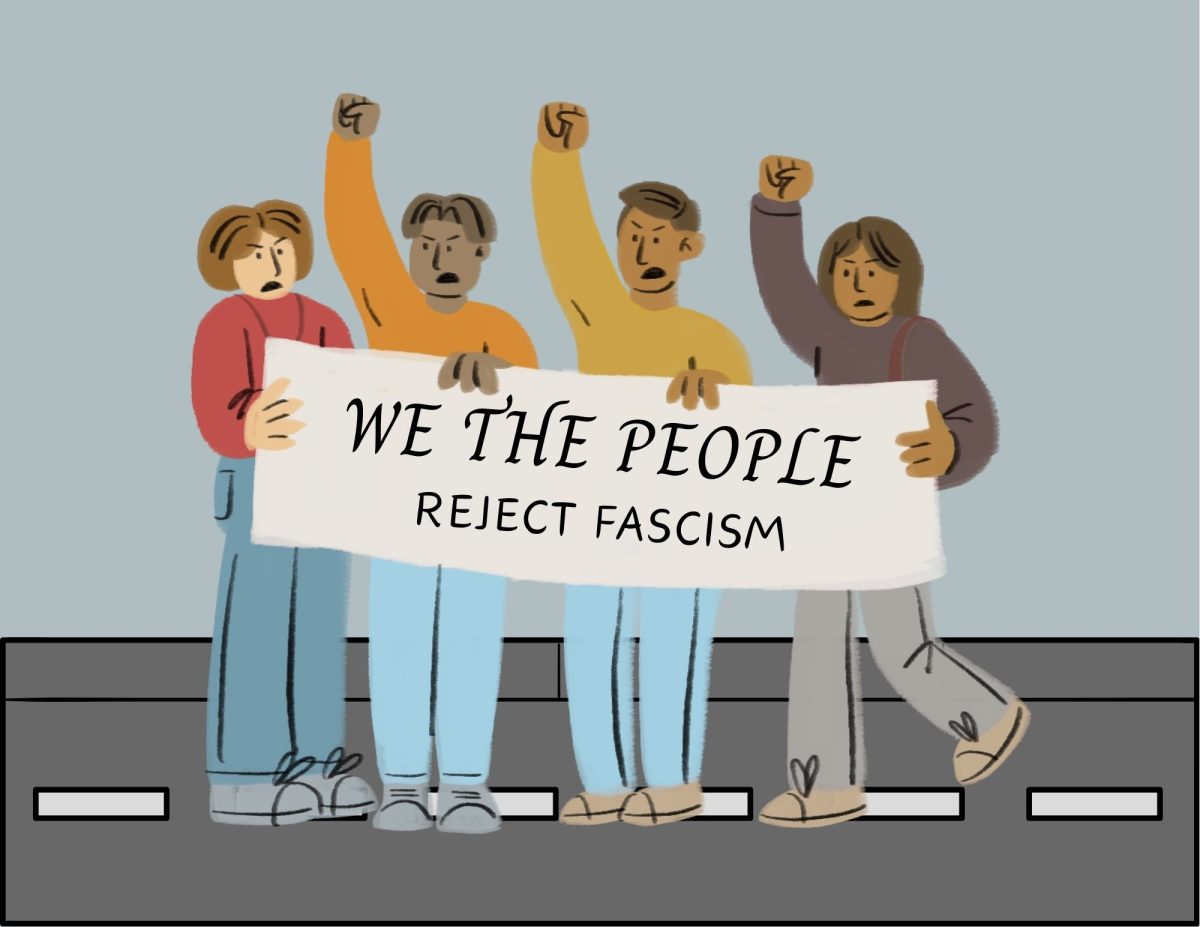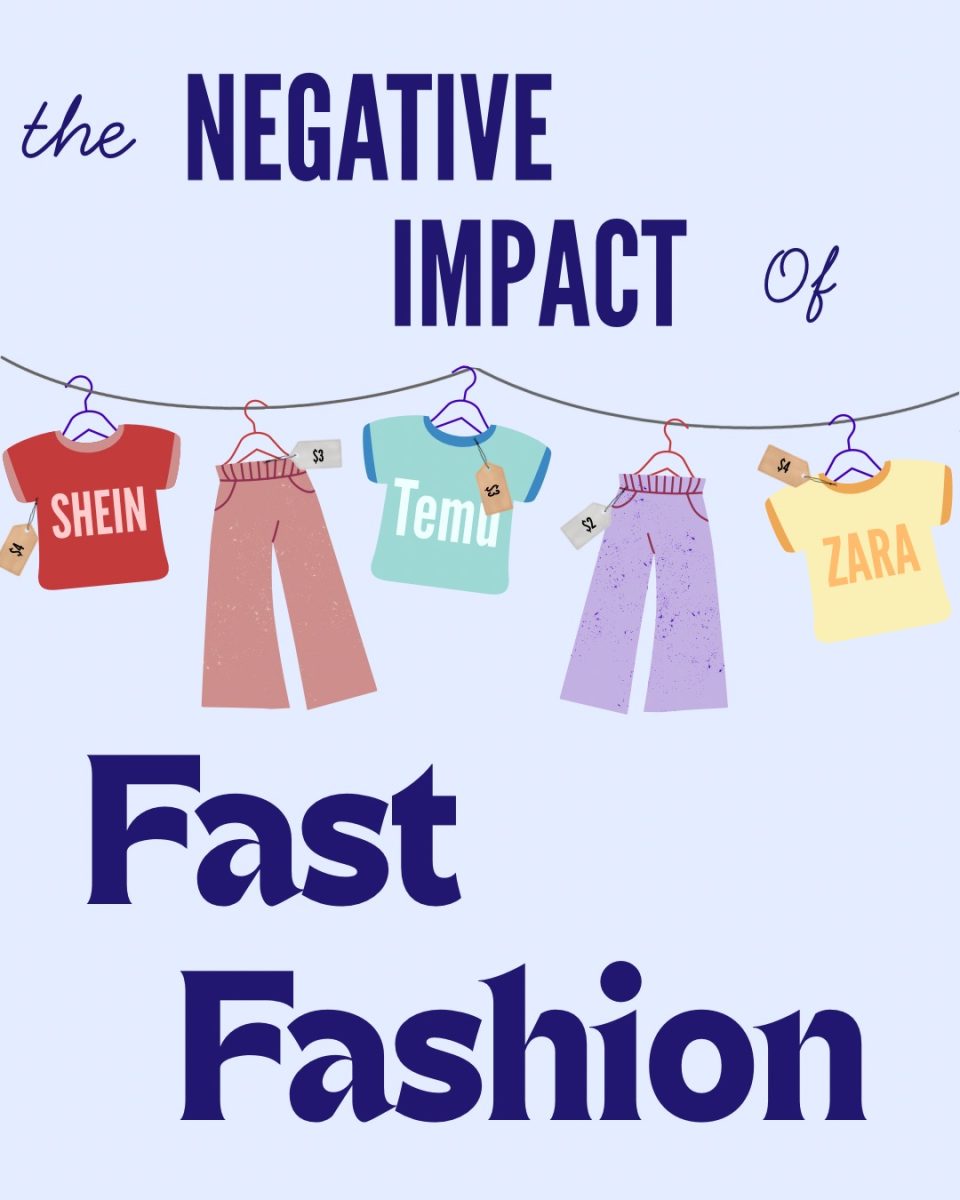In the Spring of 2011 the SGA tried to pass a referendum that would have given $1.8 million to sports annually. The Spring 2012 referendum would have increased fees to build a new pool as our programs were cut and faculty were being laid off. In the Fall of 2012, the SGA had a referendum on the drawing board to increase fees in order to raise over $200,000 for athletics, but it was scratched before it came to a vote within the SGA.
And they wonder why they are known for their pathological bias in favor of Greeks and athletics.
This latest referendum, they say, is different. It’s not the obvious gift to sports or frivolous waste of money the others have been.
Well, I think it might be. The slow learners at the SGA finally realized how to talk about their proposals with the rest of us in a way that at least pretends to care about our needs. After all, earlier this semester, SGA President Stafford told the Hawkeye “We won’t just be telling students that we are going to give more money to football.” Then again, only a week later, concerning the referendum, he told the Hawkeye “This is going to ensure that athletics has the money they need.”
More recently, Stafford published a letter in The Hawkeye to clarify concerns and answer questions students may have regarding the referendum, but his letter proved to be nothing more than him shaking pompoms at his organization.
I’m sorry, but the nature of my own concerns about this referendum requires answers that go beyond repeating “all students benefit” ad nauseam and in all-caps.
I will try to be brief, and for the SGA senators, I will attempt plain-spoken diction.
First, I have already asserted that the senators lack a critical understanding of this referendum, something that was easier to infer from attending their meetings than to prove conclusively. That is, until it was reported that on Feb 27 and 28 referendum meetings were held in the SUB at which senators were educated and coached on the particulars of the referendum and how to talk about it with students. But that occurred one month after the Jan 19 meeting at which the senate voted to finalize the language of the referendum to present to the ULS board.
This means that the SGA senators voted unanimously in favor of a referendum they did not understand well enough to have a conversation about.
Second, SGA officials have in the past admitted to working closely with the administration in formulating referendums. If the current proposal passes, it is projected to raise about $1.5 million annually, and the Student Assessed Fee Committee – comprised of students appointed by the administration – will determine which requests for money get approved or denied.
If the administration influenced the construction of this referendum, and if they hand pick the committee of students deciding how the money is allotted, then the illusion of democratic legitimacy surrounding the way students appropriate fees vanishes into thin air.
Third, and perhaps the referendum’s biggest flaw, is the lack of built-in transparency or accountability. There has been no indication that the Assessed Fee Committee will be open and forthcoming about how it decides to spend this new money, and there is certainly no way students would be able to hold it accountable, even if they did know who or what it was approving funds for. If most of the $1.5 million was funneled straight to athletics, students would have no recourse.
This is highly problematic, because this referendum has been billed as a relief effort for RSOs, but the athletic programs the SGA has a proven history of favoritism for will also be eligible for the funds. These groups have influence ordinary RSOs do not, and by now they know the routes to acquire funding. After all, athletics officials have openly admitted to the Hawkeye that it is their job to ask for money.
In the end, even though this referendum is being sold as fundamentally different from past initiatives, it appears to be a means to implement funding measures students have already voted against. It’s just repackaged as something the SGA knows we all care about in order to get it through the voting process. With no transparency or accountability, the biggest mistake the SGA has made is asking us to trust them not to bait and switch.
And may I just say, isn’t it good to see ‘students serving students’?
Joseph Roberts




